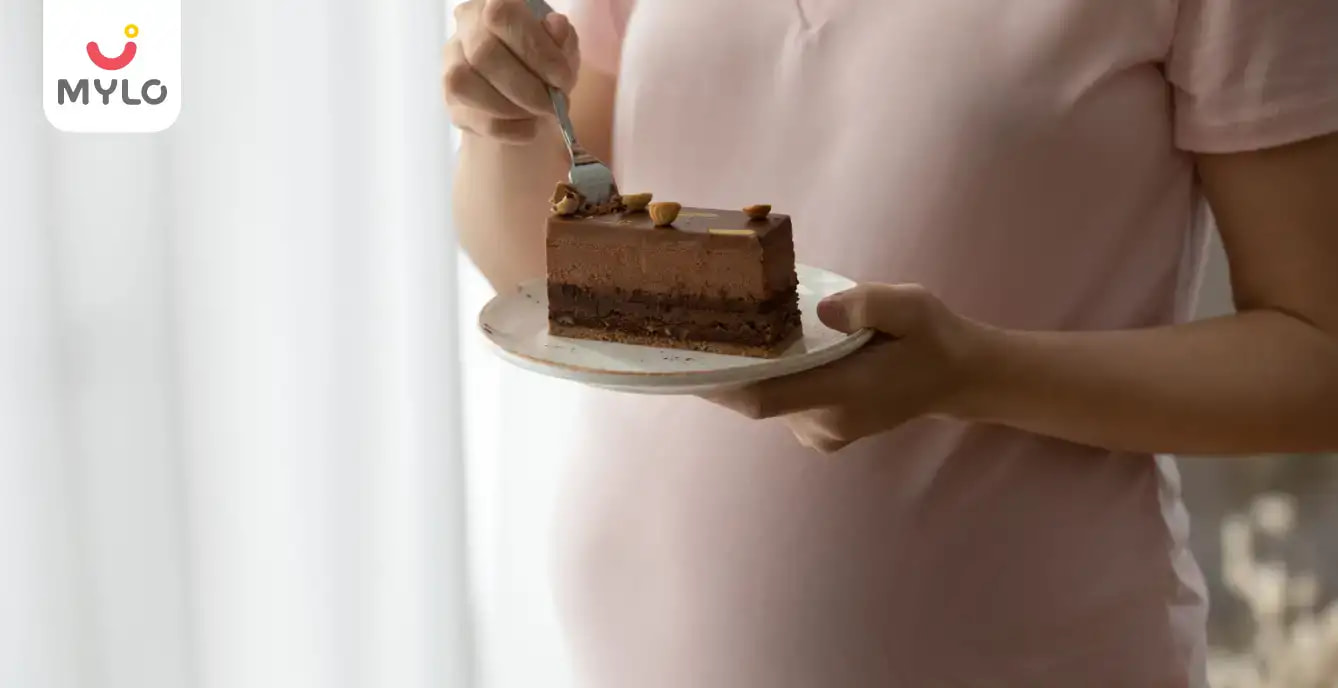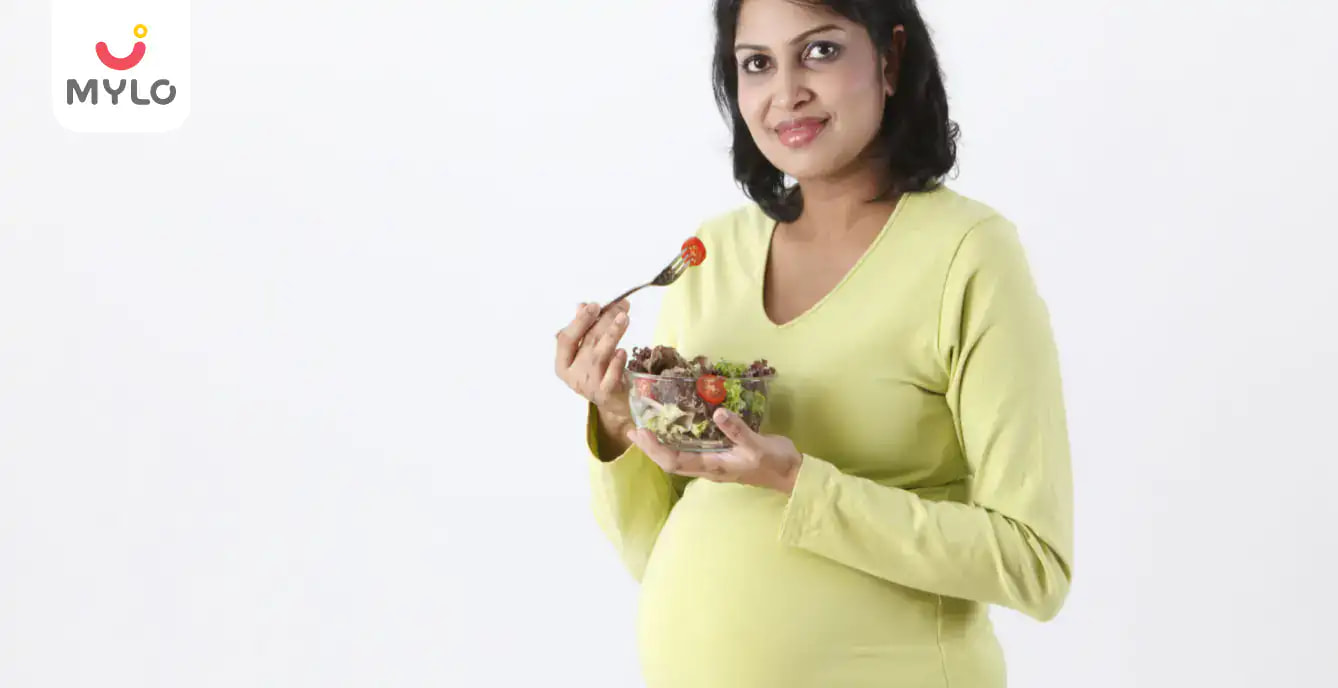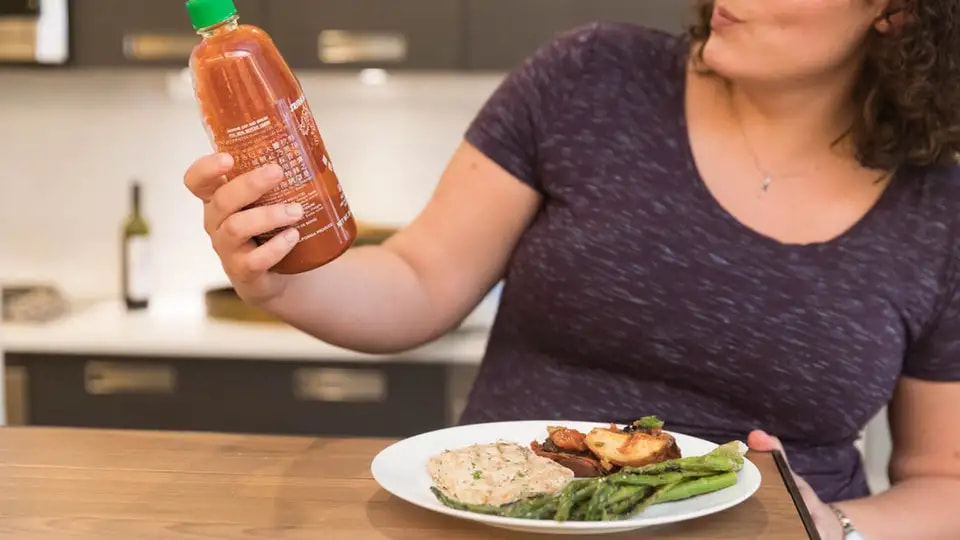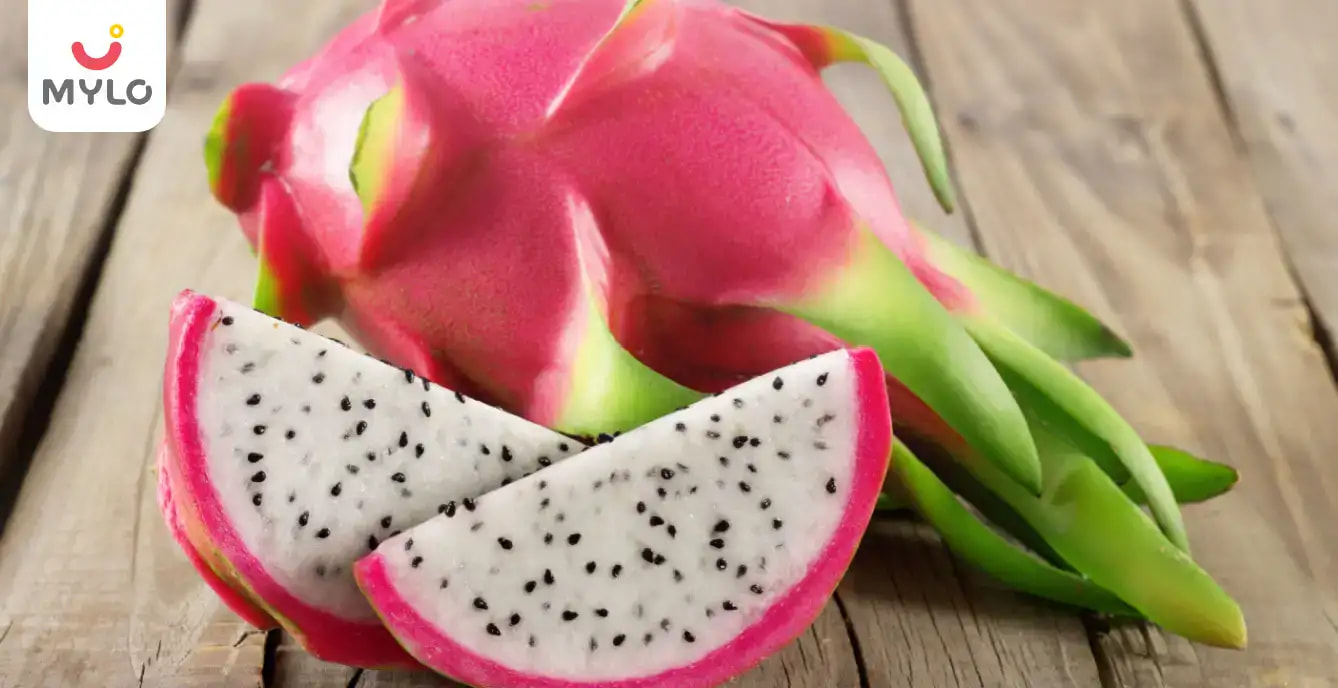Home

Can Pregnancy Cravings Affect Your Baby's Food Choices?
In this Article
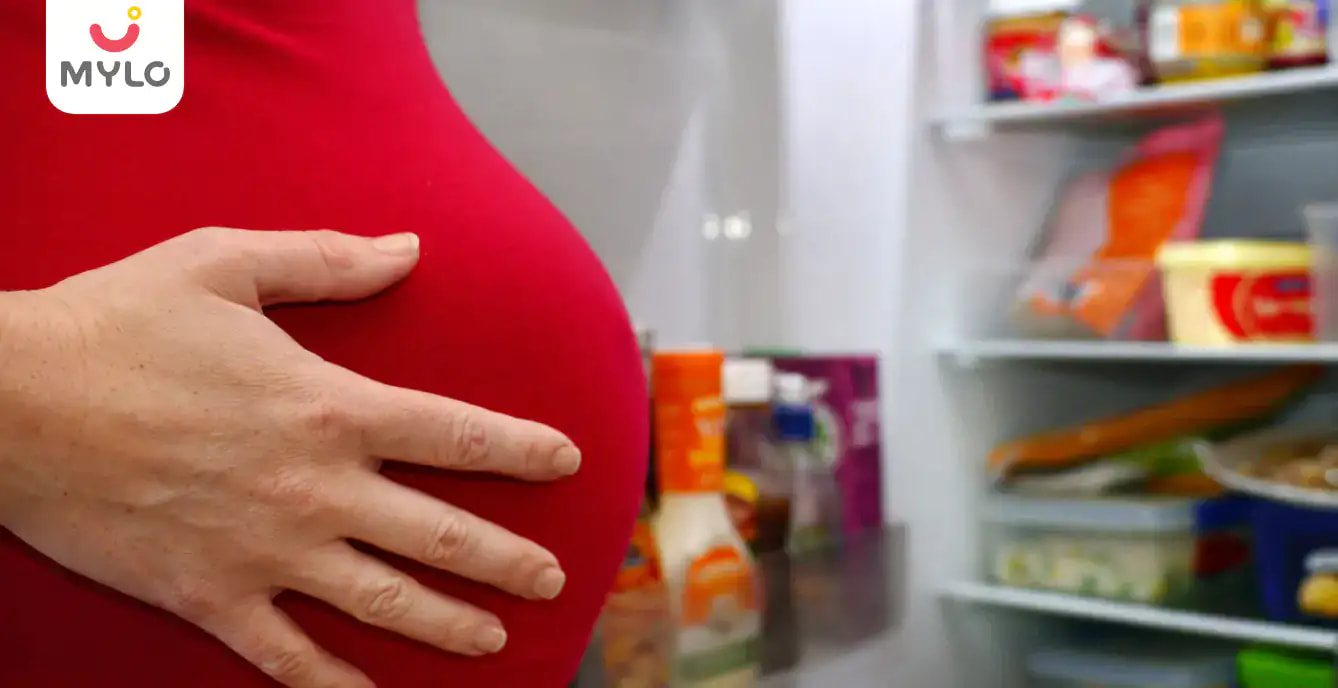
Pregnancy
Can Pregnancy Cravings Affect Your Baby's Food Choices?
Updated on 29 March 2023



Medically Reviewed by
Dt. Mansi Goyal
Specializes in Critical Gestational Diabetes, PCOS Patients - BSC| MSC (Home Science, Food & Nutrition)
View Profile

There are a lot of rumours attached to pregnancy cravings and the baby’s connection with them. You must be hearing ample of these yourself- “You crave for foods your baby likes most”, “Craving for sweets?? It’s a girl”, “Craving for salt?? It’s a boy”. And it is convenient and sometimes fun to believe these. But there is another side too to these cravings. These cravings are mainly caused because of some nutritional deficiencies and mischievous pregnancy hormones playing in your body which elevate the level of taste and smell.
In this article, we will understand more about pregnancy cravings, some common cravings during pregnancy, how to manage them and the connection between your food choices and your baby's.
What are some common pregnancy cravings?
Food cravings are common and may start anytime during pregnancy. Cravings could be for any food item. Some common pregnancy cravings are for chocolates, rice, fruits, lemon, fish, and dairy products. Cravings could also be for unusual combinations like pizza with peas, sambhar with noodles, and rice with only roti. Other than food cravings, there could be some strong aversions too, especially towards strong smells like that of onion, garlic, tomatoes etc.
Sometimes pregnancy cravings are not for edible items, but instead for stuff like soap, chalk, and paint and these carvings are named ‘PICA’. PICA could be because of a deficiency of iron, zinc or other micro-nutrients. In case you are experiencing PICA, tell your doctor. Sometimes overcoming these deficiencies is as simple as increasing the intake of foods rich in the nutrients that the body is deficient in.
Whatever the craving is, it must be managed well! Pregnancy cravings could be severe and may lead to overindulgence in one food item. This can lead to health problems like obesity, diabetes, and hypertension depending on whether what you are craving is healthy or unhealthy.
How to manage pregnancy cravings?
It is ok to get into occasional food cravings provided you are craving a variety of healthy foods. Here are some ways to manage your pregnancy cravings:
- Keep eating healthy meals at regular intervals. This way you will never be too hungry to overindulge.
- Keep your kitchen and refrigerator stocked up with healthy food so that you have healthy options readily available when you are hungry.
- Never go to the market empty stomach. You may end up eating unhealthy foods you might be craving.
- Take plenty of rest and sleep as lack of sleep may lead to craving unhealthy food, especially junk food.
Cravings for alcohol, tobacco, undercooked meat or soft cheese should not be entertained, not even occasionally! An indulgence here may have serious implications you would not want to hear about.
You may also like: Pregnancy Cravings: When Do They Start and What Are The Most Common Ones?
How is the food you eat connected with your baby’s food choices?
The good news is that whatever you eat is also tasted by your baby too. It’s not that food particles reach the baby swimming through the amniotic fluid but the digested food molecules through blood circulation reach the baby. There have been experiments in the past that explain how sniffing the amniotic fluid can tell what the mother ate an hour before, especially strong smells like garlic, mint, and curry. So, the baby is always swimming in the fluid and by the age of 21 weeks, is already gulping the amniotic fluid.
At this age baby’s neurons are developed to the extent that the baby can smell what it is gulping. This proves that food preferences start from the womb but are mostly learned post birth depending on what the baby is exposed to more frequently. Some scientists say what a woman eats during pregnancy really helps in shaping what her baby will eat for the rest of his/her life. This means, if you eat healthy now, it is more likely that your baby will eat healthy too in his/her life. Can that even protect your baby from lifestyle disorders like obesity, diabetes etc.?? Think about it!
Closing Thoughts
Eat a variety of healthy foods during pregnancy to keep yourself healthy. This will allow your baby also to get exposed to a variety of tastes and smells to inspire healthy food choices at a later stage in life. The choice is yours!





Medically Reviewed by
Dt. Mansi Goyal
Specializes in Critical Gestational Diabetes, PCOS Patients - BSC| MSC (Home Science, Food & Nutrition)
View Profile


Written by
Ravish Goyal
Official account of Mylo Editor
Read MoreGet baby's diet chart, and growth tips

Related Articles
Related Topics
RECENTLY PUBLISHED ARTICLES
our most recent articles
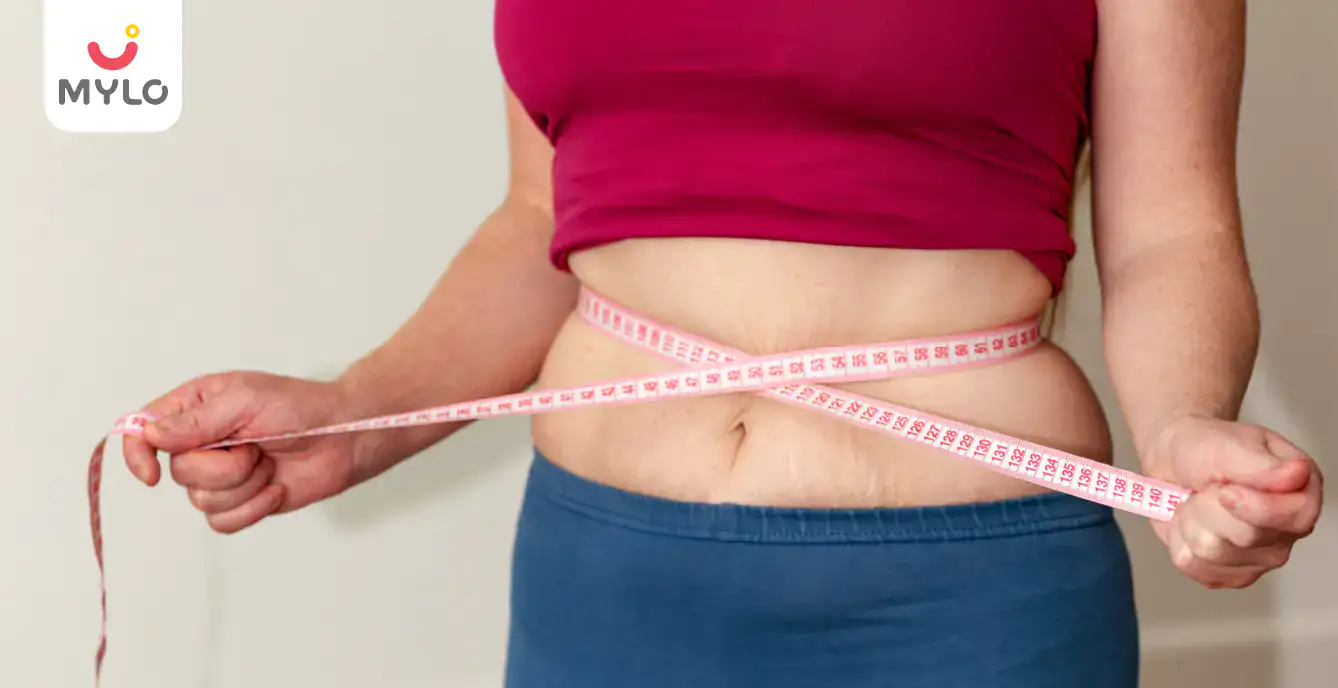
Weight Loss
Dieting Postpartum: 7 Safe Ways to Lose Baby Weight After Pregnancy
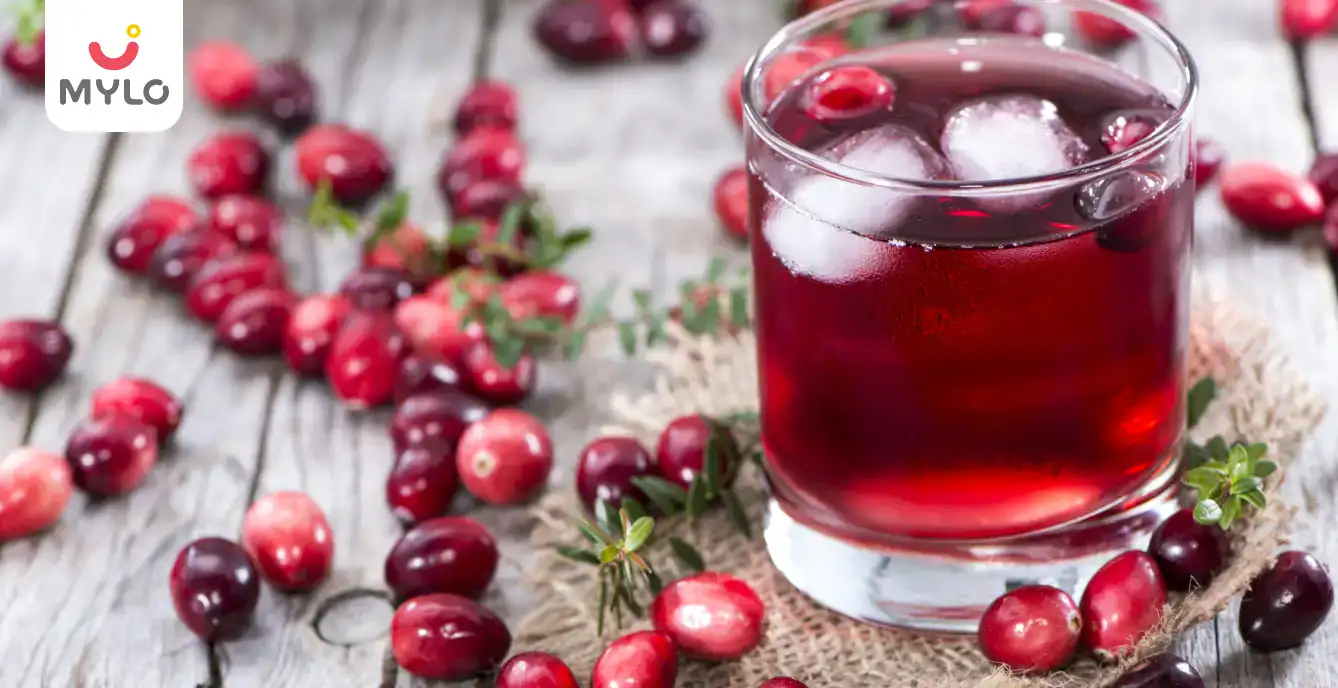
Urinary Tract Infections (UTI)
Cranberry Juice For Urine Infection Myths & Tips
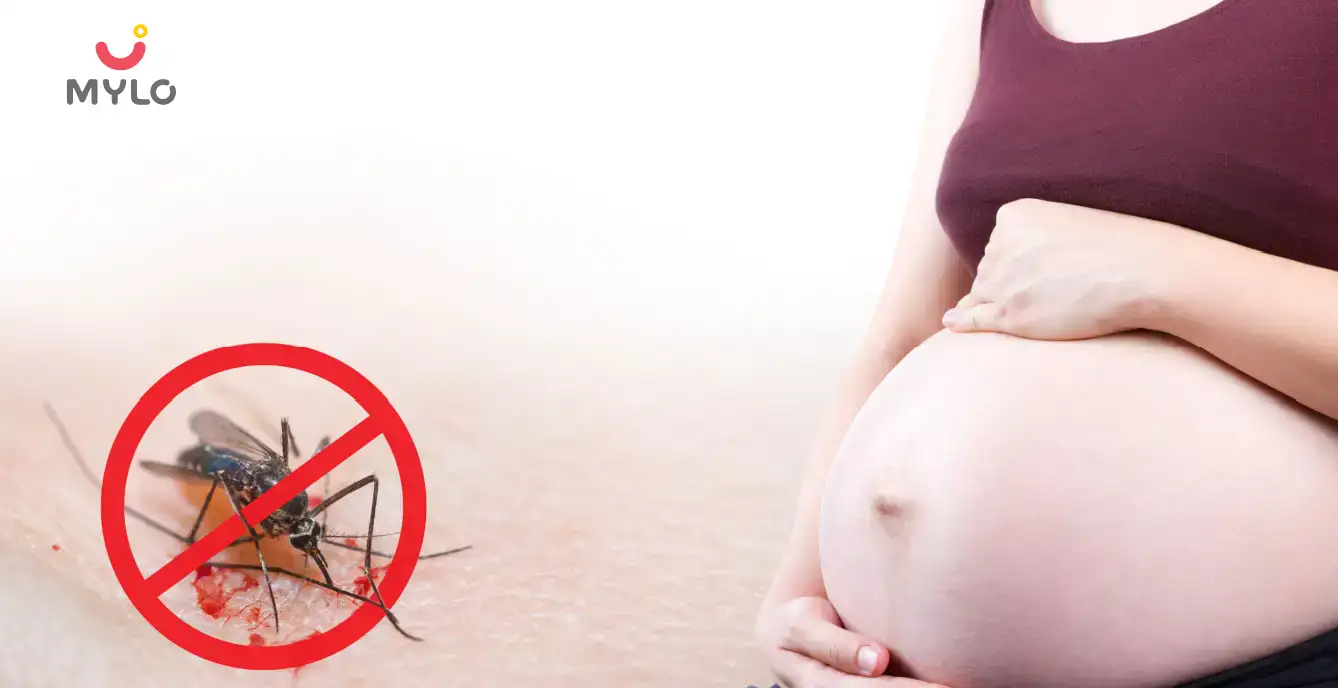
Illnesses & Infections
Dengue During Pregnancy: Causes, Symptoms, Risks & Treatment

Illnesses & Infections
Heat Rash in Babies: Symptoms, Risks & Treatments

Scans & Tests
Amniocentesis: Meaning, Risks & Results

Umbilical Cord
Umbilical Cord: Risks, Benefits & Recovery
- Stretch Marks Removal: Tips & Remedies
- How Can Dads Calm A Fussy Toddler
- How to prepare your older child for a new baby
- 5 Financial Moves You Must Make Before Your Baby Arrives
- Daddy-Baby bonding from Pregnancy to Childbirth: Top 7 tips for you
- How to prepare your child for pre-school
- I am pregnant, can I still breastfeed my toddler?
- My toddler has bad breath. what should I do?
- When will my toddler learn how to scribble or draw?
- Can loud volume affect my toddler's ears?
- Running & Jumping Milestones for your toddler
- Activities to keep an active toddler occupied at home
- Girls' growth chart: 24 to 36 months
- What to do if your toddler is overweight?


AWARDS AND RECOGNITION

Mylo wins Forbes D2C Disruptor award

Mylo wins The Economic Times Promising Brands 2022
AS SEEN IN

- Mylo Care: Effective and science-backed personal care and wellness solutions for a joyful you.
- Mylo Baby: Science-backed, gentle and effective personal care & hygiene range for your little one.
- Mylo Community: Trusted and empathetic community of 10mn+ parents and experts.
Product Categories
baby carrier | baby soap | baby wipes | stretch marks cream | baby cream | baby shampoo | baby massage oil | baby hair oil | stretch marks oil | baby body wash | baby powder | baby lotion | diaper rash cream | newborn diapers | teether | baby kajal | baby diapers | cloth diapers |



